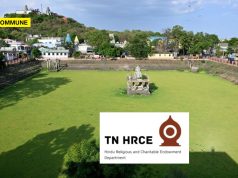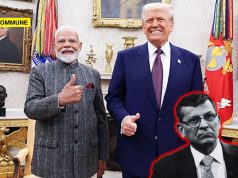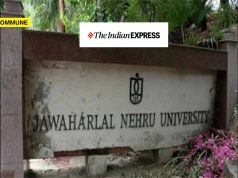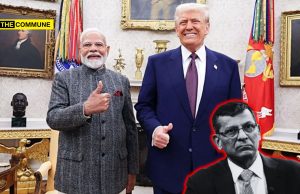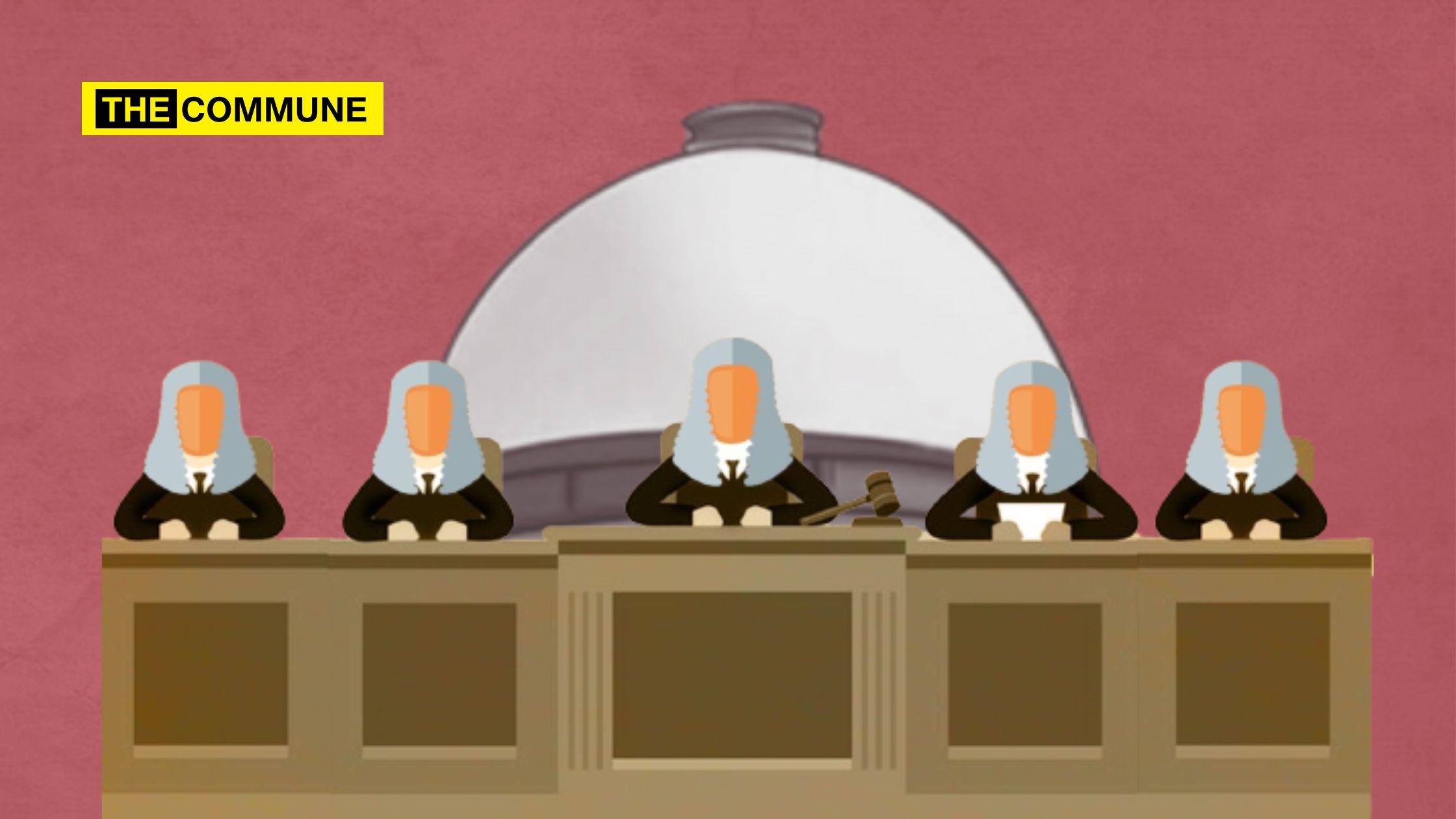
On 8 April 2025, the Supreme Court exercised its inherent powers and ruled that 10 Tamil Nadu Bills, which had been withheld assent by Governor R.N. Ravi for periods ranging from two to five years, are now deemed to have been assented to.
A bench comprising Justices J.B. Pardiwala and R. Mahadevan declared the Governor’s decision to reserve the 10 Bills for Presidential assent as “illegal” and subject to being overturned.
The Bills, mostly related to the appointment of Vice-Chancellors at state universities, were sent by the Tamil Nadu Legislature to the Governor for consent between January 2020 and April 2023. However, the Governor delayed action on them indefinitely. When the Tamil Nadu government approached the Supreme Court in November 2023 over the Governor’s lack of response, the Governor referred two Bills to the President and continued to withhold consent on the remaining 10.
In response, the Tamil Nadu Assembly re-passed the 10 Bills during a special session on November 18, 2023, and resubmitted them to the Governor. The Governor subsequently referred all of them to the President for approval. While the President assented to one of the Bills, rejected seven, and did not address the remaining two, the Supreme Court’s ruling has now granted assent to the 10 Bills.
The 10 Bills now deemed to have been assented to by the Supreme Court include:
- Tamil Nadu Fisheries University (Amendment) Bill, 2020
- Tamil Nadu Veterinary and Animal Sciences University (Amendment) Bill, 2020
- Tamil Nadu Universities Laws (Amendment) Bill, 2022
- Tamil Nadu Siddha Medical University Bill, 2022
- Tamil Nadu Dr. M.G.R. Medical University, Chennai (Amendment) Bill, 2022
- Tamil Nadu Agricultural University (Amendment) Bill, 2022
- Tamil University (Second Amendment) Bill, 2022
- Tamil Nadu Universities Laws (Second Amendment) Bill, 2022
- Tamil Nadu Siddha Medical University Bill, 2022
- Tamil Nadu Fisheries University (Amendment) Bill, 2023
- Tamil Nadu Veterinary and Animal Sciences University (Amendment) Bill, 2023
Governor’s Mandate Followed
Regarding the Governor’s actions, as per constitutional mandates, Tamil Nadu Governor R.N. Ravi has followed the provisions outlined in the Indian Constitution. Under Article 200, the Governor has four options when dealing with a bill:
- Assent to the bill.
- Withhold assent to the bill.
- Return the bill (if it’s not a Money Bill) for reconsideration by the legislature. However, if the bill is passed again, with or without amendments, the Governor must give his assent.
- Reserve the bill for the consideration of the President of India.
Once a bill is reserved for Presidential consideration, the Governor plays no further role in the bill’s enactment. The Governor has the discretion to reserve a bill for the President’s consideration without needing the advice of the Council of Ministers. However, the Constitution does not specify a time limit within which the Governor must act, nor does it mandate automatic assent if the bill is passed again after being returned when bill reserved for Presidential consideration.
Is Judicial Overreach At Its Peak?
The Supreme Court’s decision to treat the Tamil Nadu Bills as passed, utilizing its powers under Article 142, is a rare instance of the provision being invoked. Article 142, typically sparingly used, was employed three times in 2024 alone.
Article 142 of the Constitution allows the Supreme Court to pass any decree or make any order necessary to ensure “complete justice” in cases before it. Such decrees and orders are enforceable throughout India, in accordance with laws made by Parliament or as prescribed by the President until such laws are enacted.
- In October 2024, the Court invoked this provision to allow a Dalit youth to be admitted to IIT Dhanbad after he missed the fee payment deadline.
- Earlier, in April 2024, Article 142 was used to grant a divorce under the Hindu Marriage Act in a case where one party opposed it, but the marriage had irretrievably broken down.
- In February 2024, the Court invoked Article 142 again to annul the results of the mayoral election in Chandigarh, citing evidence of electoral fraud.
- The Supreme Court’s intervention in the Chandigarh mayoral election was criticized by some as judicial overreach, with critics questioning the judiciary’s involvement in electoral matters.
Criticism and Debate Over Judicial Overreach
Critics argue that if the Supreme Court steps in to approve bills that the Governor has withheld, it raises questions about the appropriateness of this intervention. Some believe that the bills should have been examined carefully, with issues addressed and a clear timeline set for the Governor’s action, thus maintaining the judiciary’s dignity.
Instead, the Supreme Court’s swift intervention in assuming the President’s role is seen by some as an overreach, potentially abusing its power. The Court’s decision to act without input from the Central Government has been deemed unacceptable by critics.
Why is this objectionable?
The Chief Ministers and Governors are directly connected to the people, and it is the legislature’s role to decide what aligns with public interests, not the judiciary. If the Supreme Court wields excessive power, it might lose sight of more pressing issues. For instance, if the Court had intervened more swiftly in laws addressing rampant alcoholism, or the crisis of law and order, it could have made a greater societal impact.
Why hasn’t the Court addressed increasing crimes, jail overcrowding, child sexual abuse, or public health issues like untouchability and contaminated water? Critics question whether the judiciary has become selective in its intervention.
Furthermore, there are concerns about the Court’s role in investigations, particularly when it chooses to withdraw from cases involving politicians or public figures. Is this retreat opportunistic, or does it signal a lack of willingness to act?
Additionally, some question whether it is the Court’s role to step in on administrative matters such as appointing university chancellors, especially if those appointments are made by politicians who may not act in the public’s best interest. The Constitution has undergone several amendments over the past seventy years, but there’s still a lack of clarity on key issues, particularly regarding the implementation of laws.
There are also concerns about the credibility of the legal and political systems. For example, some wonder if the judicial appointment process, particularly the collegium system, is truly serving the best interests of the people, given the substantial financial influence at play.
The Tamil Nadu government’s decisions, instead of being guided by a well-formed committee with clear directives, should be scrutinized when they seem to disregard public welfare. If the ruling party displays injustice or cruelty, the public must not remain silent.
While the judiciary’s role is critical, its interference in areas that traditionally belong to other branches of government raises important questions about the boundaries of judicial power. When the Court oversteps its authority, it can undermine the democratic principles it is meant to protect.
Subscribe to our channels on Telegram, WhatsApp, and Instagram and get the best stories of the day delivered to you personally.

